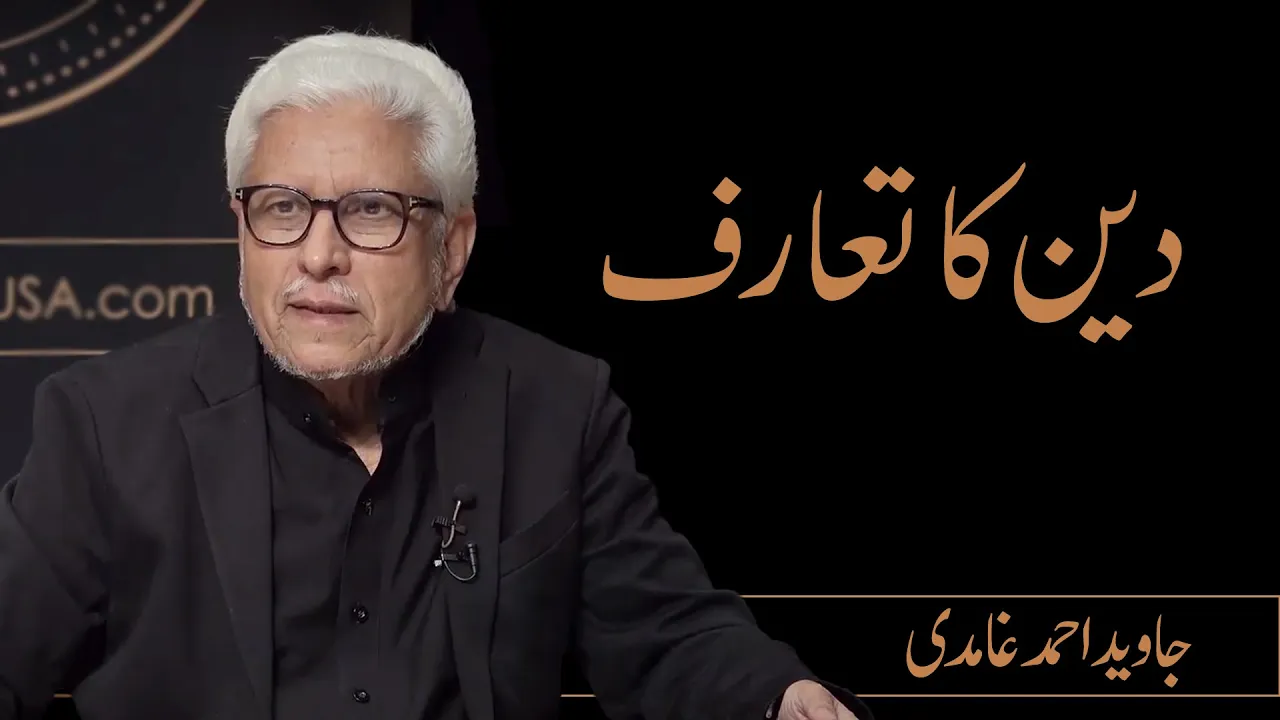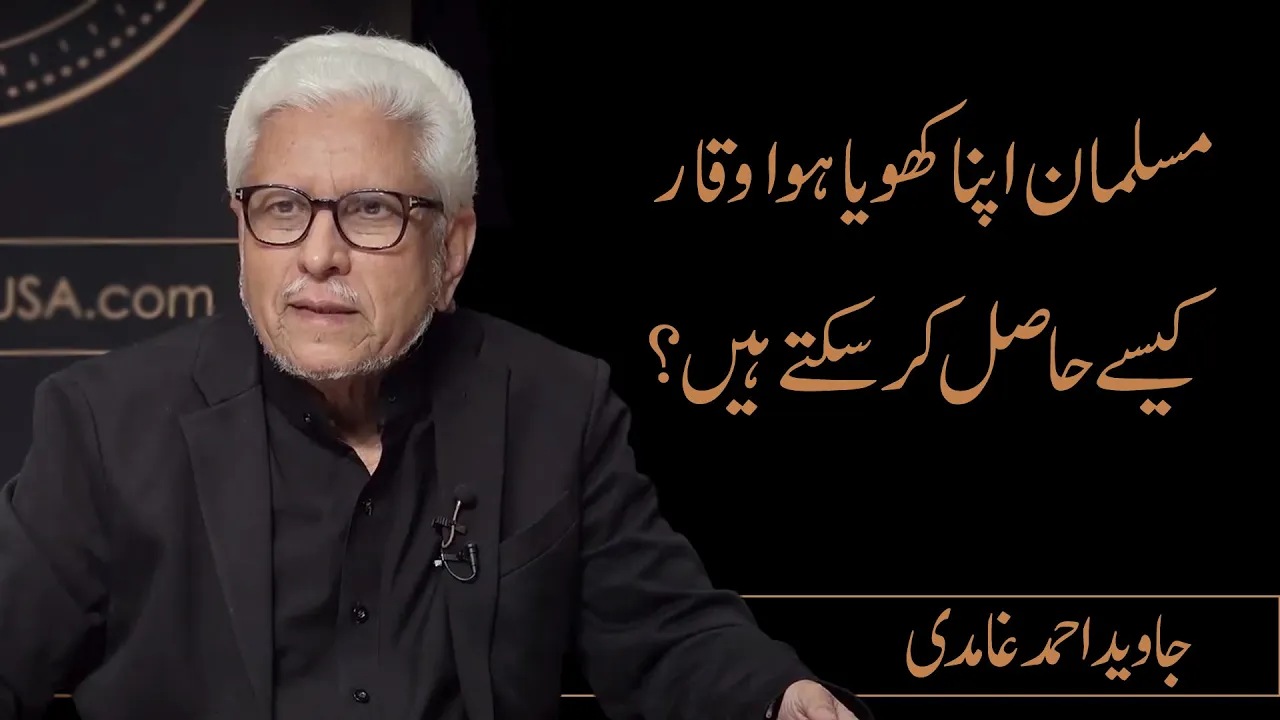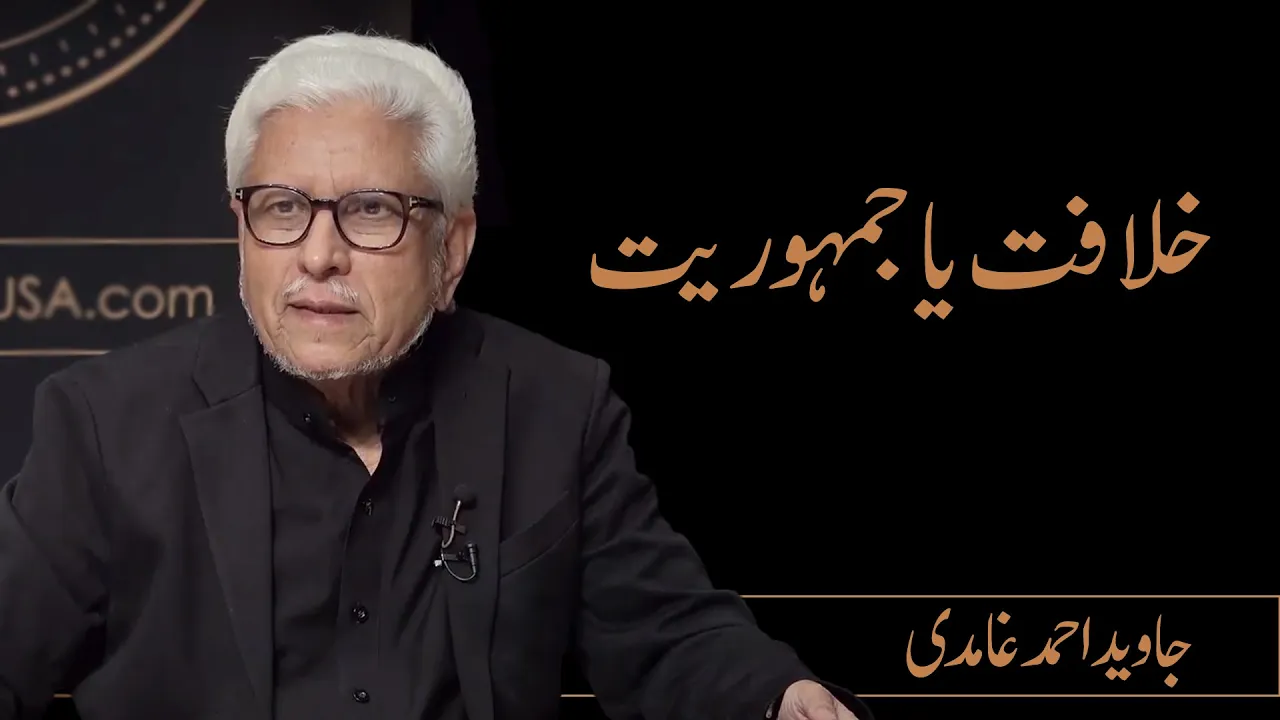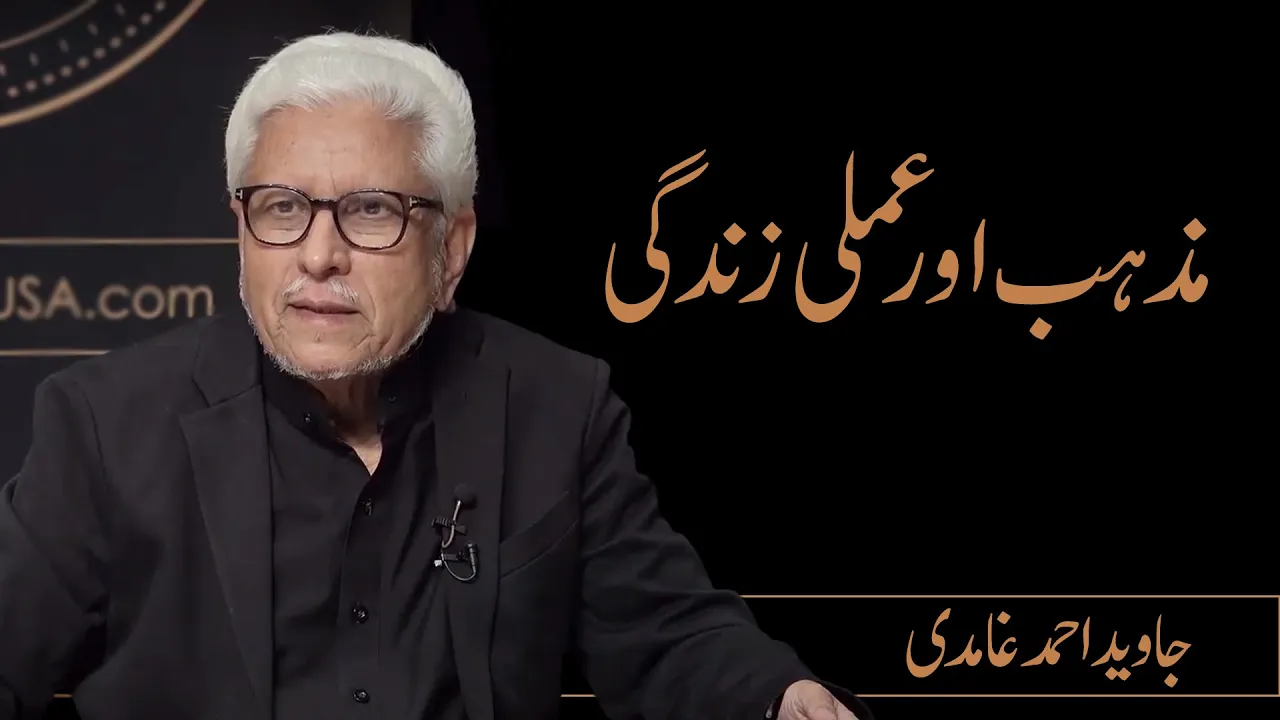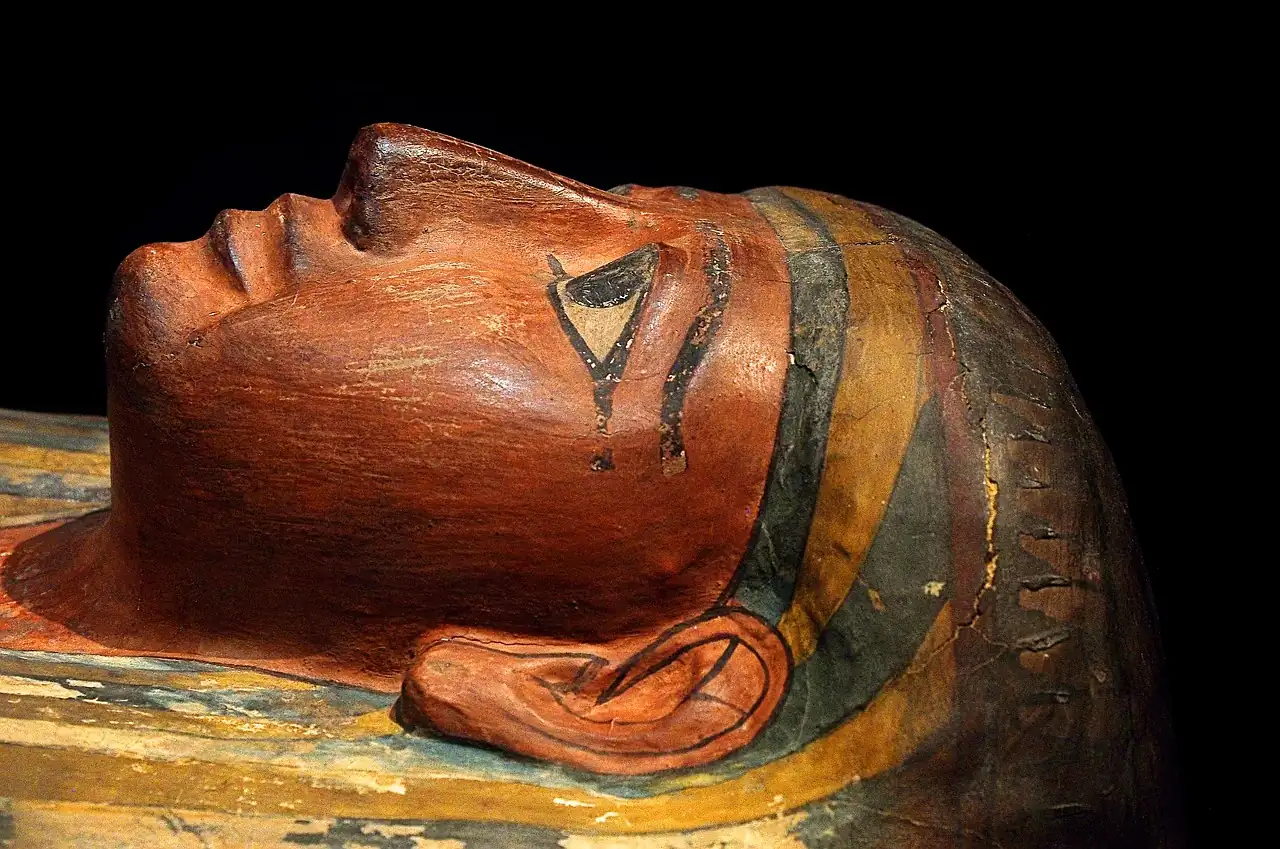Question
assalām-o-alaykum
Please refer to Q 42:13 which says that the same laws of religion were ordained for all the prophets. However, we keep hearing from the Islamic religious clergy that Sharī‘ah of Muḥammad is different, better and somehow more complete then the laws ordained for previous Prophets. I do not have any ready reference regarding the above claims by clergy but I recall hearing such assertions many times in the past. Could you please give your opinion on this subject?
Best Regards
S Manzoor
Answer
I understand it would be better if we restricted to giving the most plausible view on the question without discussing parallel opinions in this regard.
Some Muslim scholars hold that according to the Qur’ān all the Prophets and Messengers that went before the Prophet Muhammad (sws) propagated the same religion. The Almighty says in the Holy Qur’an:
He enjoined on Noah, and which We have revealed to you; which We enjoined on Abraham, Moses and Jesus, emphasizing, ‘observe the faith and do not cast disagreement regarding it.’ (Q 42:13)
Indeed the religion before God is only Islam. (Q 3:19)
Whoever brought forth a religion other than Islam will not be accepted from him. (Q 3:85)
The first thing these verses seem to communicate is that all the Prophets were taught the same religion, Islam. None of the Prophets including Muhammad (sws) has introduced a self devised religion. It is this very religion all the Prophets and Messengers of God propagated. Noah, Abraham, Moses and Jesus all preached this very religion and now the Prophet Muhammad (sws) has also been appointed to propagate it. The Almighty then says that when all these Prophets were given the religious guidance they and their respective nations were commanded to ‘observe the faith and not to cast disagreement regarding it‘.
These Qur’anic verses rules out any possibility of inferiority of the version of Islam brought forth by the previous Prophets. The basic beliefs and practices have been the same in the divine religion propagated by all the Messengers and the Prophets. But we see that some of the religious practices and the Sharī‘ah rules were different for the previous nations. For example we know that the Israelites were required to observe Sabot and they were forbidden the flesh of camels. In the previous pastoral nations the emphasis on sacrifice was more than it is present in Islam. There could be numerous other examples. If we closely examine these directives we see that these do not relate to basic religious beliefs like unity of God, the Hereafter, belief in the Messengers, Prophets and the Divine Books of God. The only difference lies in the matters which relate to the civilization and culture of the times the Prophets came. Thus when the family system was pastoral and the people have much herds and animals they are required to sacrifice more. Similar in some cultures they were allowed to take more than four wives at a time for the same reason. Some of the directives were imposed on the Jews because of their arrogance like that of prohibition of eating the flesh of camels. All these things relate to the stages the human civilizations were going through at those times. Islam as we know it today appeared in the open history when the human civilization had gained maturity in all such fields. The Almighty then made sure that religious is preserved to last till the Day of Judgment and gave the final and guaranteed version of the religion. Now we have to follow this final version for it is absolutely authentic and fully guarded. We cannot be sure of the Sharī‘ah rulings of the previous nations for their scriptures and the practice have been altered so some extent. We will no doubt get wisdom contained in the previous scriptures but we will only follow that conforms to the Qur’an and the Sunnah of the Prophet Muhammad who has been given the final version of the divine guidance. Thus the religious propagated by Muhammad (sws) is complete in the sense that it provides authentic and necessary guidance for the people till the Day of Judgment comes not in the sense that the previous versions of the divine religion were deficient in basic beliefs and practices.
Regards,
Answered by: Tariq Mahmood Hashmi
Date: 2015-04-02



